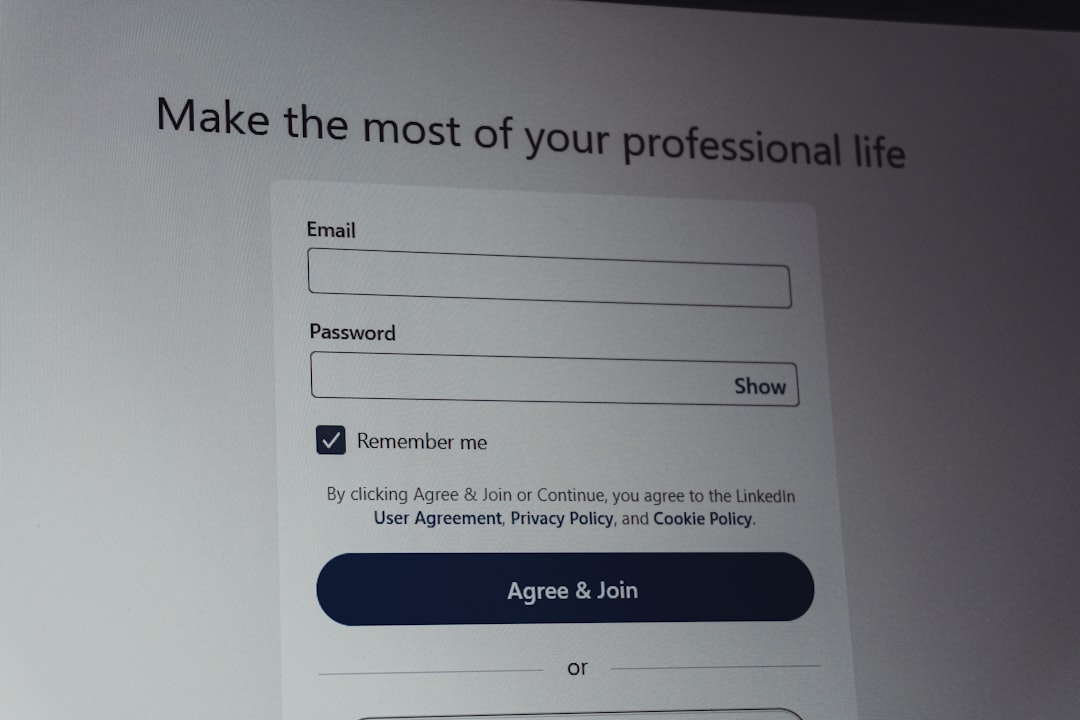As digital reliance continues to grow across industries and households, protecting sensitive data has become a top priority. Passwords serve as the first line of defense against cyber threats, and securely managing them is crucial. Cloud-based password storage services offer convenience, enhanced features, and encrypted platforms to help users protect their credentials. However, with various options available in the U.S. market, choosing the right service can be overwhelming. This article explores how to select the best cloud-based password storage service for maximum security, focusing on the key features users should prioritize when choosing a solution.
Understanding Cloud-Based Password Storage Services
Table of Contents
A cloud-based password storage service is a digital vault in which users can store, manage, and retrieve their login credentials and sensitive information. These services leverage cloud infrastructure to sync passwords across devices, making the data accessible while maintaining security.
Unlike traditional password managers, cloud-based platforms store data on secure servers—typically using end-to-end encryption—so that even the service provider cannot view the stored information. Features may include automatic password generation, two-factor authentication (2FA), and breach detection monitoring.
Key Factors to Consider for Maximum Security
1. End-to-End Encryption
Security begins with how your data is encrypted. The ideal service should offer end-to-end encryption (E2EE), ensuring that only the user can decrypt their passwords. This means encryption and decryption occur only on the user’s device, making the data unreadable to the provider or hackers, even if servers are breached.
2. Zero-Knowledge Architecture
Services that follow a zero-knowledge policy guarantee that they have no access to user passwords. They can’t read, share, or misuse any stored data because they simply don’t know what’s in the vault. This approach offers maximum privacy and should be a non-negotiable feature if security is your top concern.
3. Multi-Factor Authentication (MFA)
MFA adds an extra layer of protection, requiring users to confirm their identity through a secondary method (such as an SMS code or authentication app). The best services integrate MFA seamlessly and support advanced options like biometric authentication or hardware tokens, such as YubiKey.

4. Breach Detection and Monitoring
Top-tier services offer breach alerts and password health reports. They notify users if an email address or password has been exposed in a data breach. Through regular scans of dark web databases and other compromised sources, users are alerted in real time to take corrective action.
5. Secure Sharing Options
Some services allow secure sharing of credentials with team members or family. Look for providers that offer encrypted sharing features with access controls—this ensures sensitive logins don’t fall into the wrong hands.
6. Backup and Recovery
In the unfortunate event of device loss or account lockout, password recovery features become essential. Cloud password managers should have secure but accessible recovery options that don’t compromise security. This may include recovery keys, backup codes, or trusted contact systems.
Top Cloud-Based Password Storage Services in the U.S.
While many password managers claim to offer world-class protection, these are standout services trusted by consumers and enterprises in the U.S.:
- 1Password: Known for its strong security protocols and seamless integration across systems. It supports E2EE, zero-knowledge security, password auditing, and secure credential sharing.
- LastPass: Offers a user-friendly interface and multiple layers of encryption. It remains popular despite past breaches due to frequent security upgrades and transparency.
- Dashlane: Perfect for users who want robust features like dark web monitoring, automatic password updates, and comprehensive reports.
- Bitwarden: An open-source solution that emphasizes security, affordability, and transparency. Users can self-host or trust Bitwarden’s secure cloud servers.
- Keeper: Focused on enterprise and advanced user needs with add-ons like secure file storage, compliance features, and personal safety vaults.

U.S. Compliance and Data Privacy Laws
When choosing a cloud-based password manager in the U.S., it’s also important to consider the provider’s compliance with relevant data security laws. Services that align with frameworks such as HIPAA, SOC 2 Type II, CCPA, and GDPR offer a measure of trust and legal accountability in handling user data.
Also, ensure the data centers used to store encrypted passwords are located within the U.S., as this influences jurisdiction and data sovereignty. Some consumers may also prefer U.S.-based services due to stricter privacy regulations when compared to countries outside the jurisdiction.
Ease of Use and Accessibility
A feature-rich app means nothing if the user interface is overly complex. Choose services that offer cross-platform support—whether you’re on Windows, Mac, iOS, or Android. Features such as browser extensions, offline access, and password autofill contribute to a user-friendly experience.
Cloud-based platforms should also include role-based access for teams, folder organization, and intuitive search options. Accessibility features like screen reader support or simplified modes are also worth considering for inclusive functionality.
Cost vs. Value
Cost should never trump security when it comes to password management. Free options may lack critical features or display ads, so consider investing in a subscription that enhances your digital safety. Most quality services offer different plans tailored for individuals, families, and businesses.
Compare what’s included with the subscription—such as encrypted file storage, priority support, or breach monitoring—to assess value beyond the price tag.
Summary: How to Make the Right Choice
Choosing the best cloud-based password storage service for maximum security in the U.S. involves evaluating multiple factors:
- Ensure end-to-end encryption and zero-knowledge architecture are included
- Look for integrated multi-factor authentication methods
- Confirm compliance with U.S. privacy laws and data sovereignty
- Evaluate the provider’s reputation, transparency, and breach history
- Choose vendors that offer user-friendly platforms with valuable features
Ultimately, the best service is one that balances high-level security with ease of use and supports your specific needs—be it personal protection or team-based access control. Regularly updating passwords and enabling real-time alerts only enhances the value of a well-chosen password manager.
Frequently Asked Questions (FAQ)
-
Q: Is it safe to store passwords in the cloud?
A: Yes, it is safe when using a reputable password manager that offers end-to-end encryption, MFA, and a zero-knowledge framework. -
Q: What if I forget my master password?
A: Most services offer recovery options like backup codes, trusted contacts, or biometric authentication. However, because of zero-knowledge policies, the provider cannot reset it—so safeguard recovery options carefully. -
Q: Should I pay for a password manager or use a free version?
A: Free versions may suffice for basic needs, but paid versions typically offer enhanced security features such as breach monitoring, secure sharing, and customer support. -
Q: Can I use one password manager for both personal and business needs?
A: Yes, many services offer plans that cater to both individual and professional usage with role management and secure collaboration features. -
Q: How can I verify a password manager’s security claims?
A: Look for third-party audits, open-source code reviews, and independent security certifications such as SOC 2 or ISO 27001 as validation of their practices.

